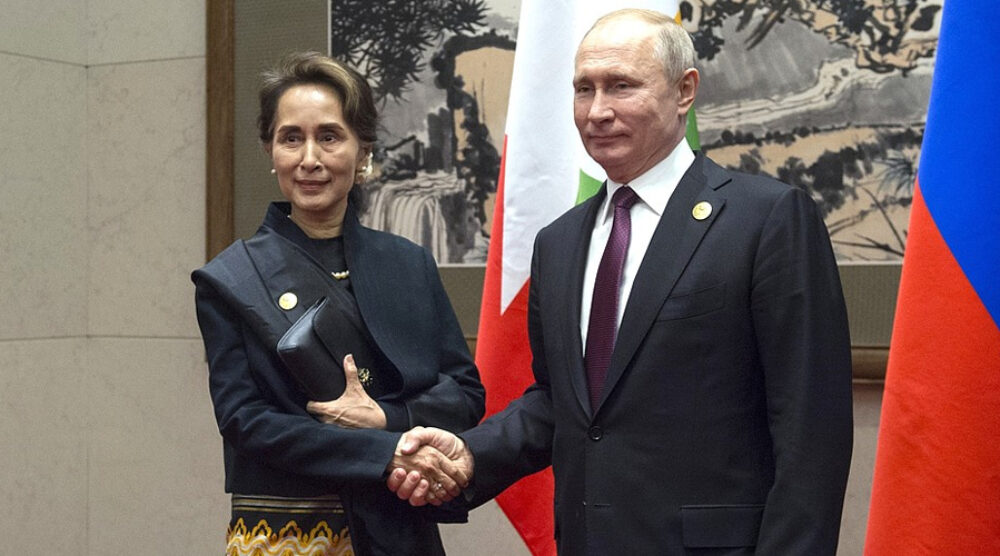ANDREW SELTH |
Despite criticisms, sanctions and embargoes, Myanmar is strengthening military ties with neighbours and friends.
It has been more than two years since military “clearance operations” against Myanmar’s Rohingyas began in October 2016. Since then, the international community has relied on public criticism, unilateral sanctions and a range of measures in the United Nations and International Criminal Court to hold Myanmar’s government and armed forces (known as the Tatmadaw) accountable for their actions.
Myanmar’s political and military leaders have refused to acknowledge the crimes committed in Rakhine State, described by UN officials as ethnic cleansing, if not genocide. As it has done so often in the past, Naypyidaw seems to be relying on the weakness of the international system and the passage of time to escape any serious consequences.
From the lack of effective measures taken against Myanmar to date, this strategy seems to be working.
Please click here to read the full “Myanmar: Pariah status no bar to defence modernisation” article published at The Interpreter, written by Griffith Asia Institute Adjunct Professor Andrew Selth.








